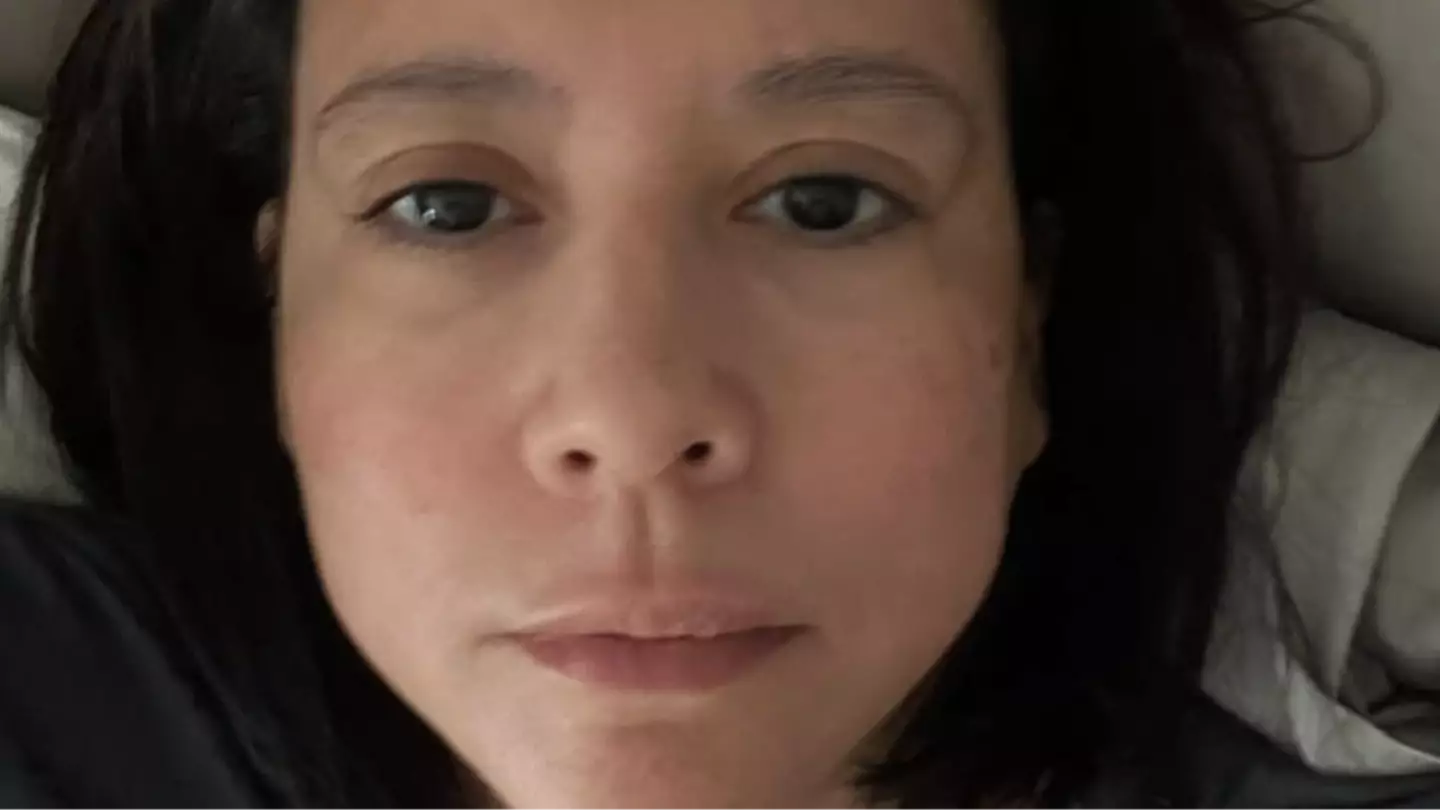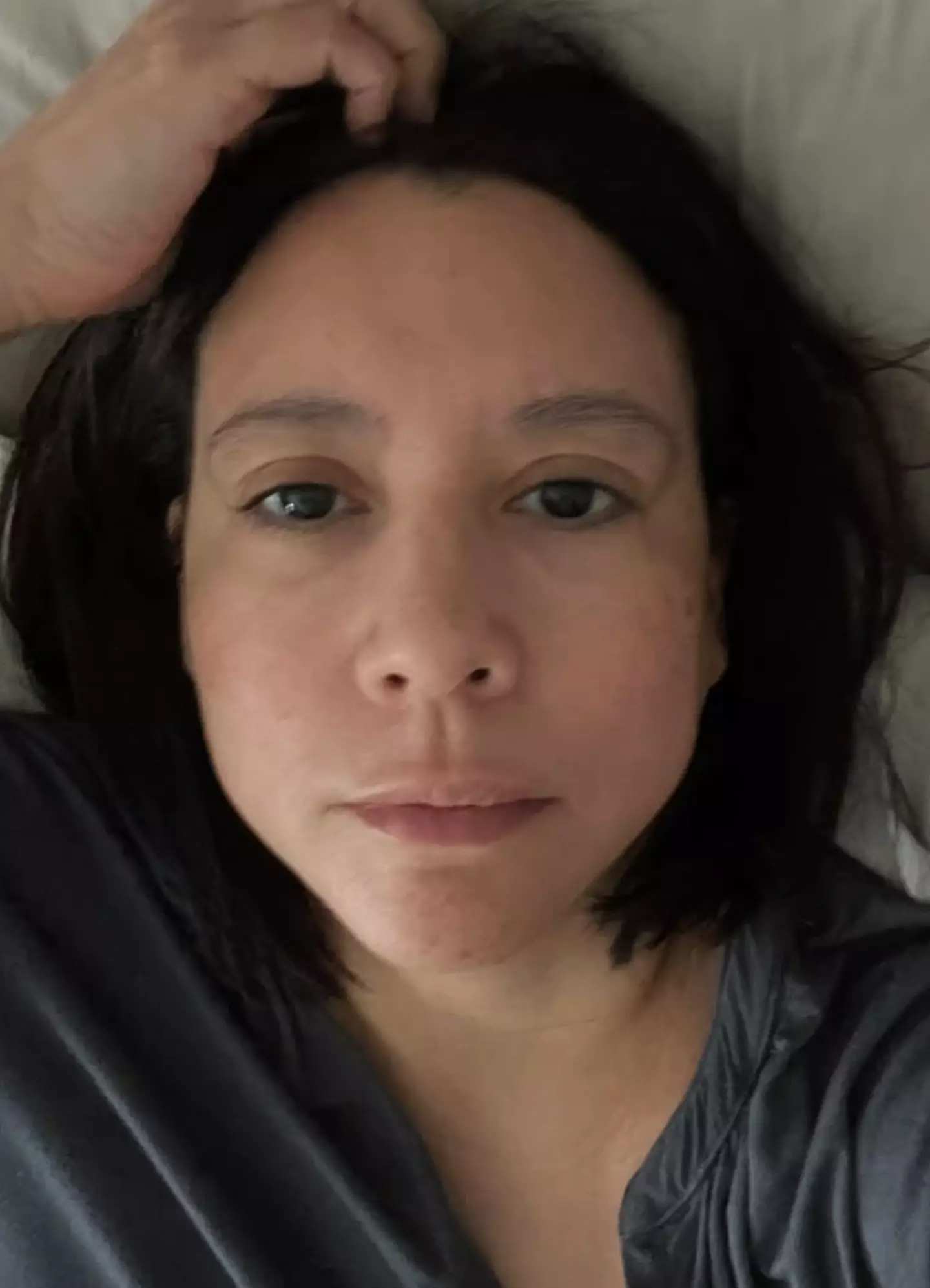
A woman who suffered a stroke at the age of 46 initially had her symptoms dismissed by doctors.
In 2023 Leah Craft Horner underwent abdominal surgery and started to feel unwell while in recovery.
In one instance, Leah says she lost all her vision and couldn't even see her own reflection in the mirror.
"I had lost all vision and all sense of where I was," Leah, from Tualatin, Oregon, recalled. "I remember… looking in the mirror and I couldn’t see my reflection."
Advert
A friend took her to hospital with this in mind, but ultimately Leah was sent home again shortly after with doctors suggesting that she was simply suffering with anxiety.

But over the next year Leah's health woes continued and she still didn't feel quite right.
Leah, now 48, was struggling to think clearly — but doctors put this down to being part of her post-surgery recovery.
She was also finding it difficult to read or understand what was on the TV, she told TODAY.
It wasn't until Leah, who had long suffered with migraines, found that her headaches were drastically worsening that her doctor was able to refer her for an MRI.
It was the scan than finally gave her some answers.
"My stroke was in May of 2023 and in mid-April of 2024, I finally got an MRI and that’s when they found that I had actually had a significant stroke," she said. "I was both devastated and relieved."

As per Cleveland Clinic, strokes occur when a blood clot or broken vessel prevents blood from getting to your brain. Also known as cerebrovascular accidents (CVAs), strokes are the second lead cause of all deaths worldwide.
Symptoms of a stroke include: trouble speaking, blurry vision, confusion, dizziness, loss of muscle control on one side of the face, memory loss, weakness or paralysis on one side of your face and body, as well as nausea and vomiting.
Speaking to TODAY, Dr. Kishan Patel shared that visual impairment like what Leah had can make a stroke more difficult to diagnose as the symptom can present itself in different ways.
"If you can’t see [a] word, you can’t process it and read it correctly. So that’s a processing issue that can happen if a different area of the brain can get affected," Patel said. "Those tend to be rare."
Dr Patel also said that women may experience more 'non-traditional symptoms' meaning they might experience a delayed diagnosis.